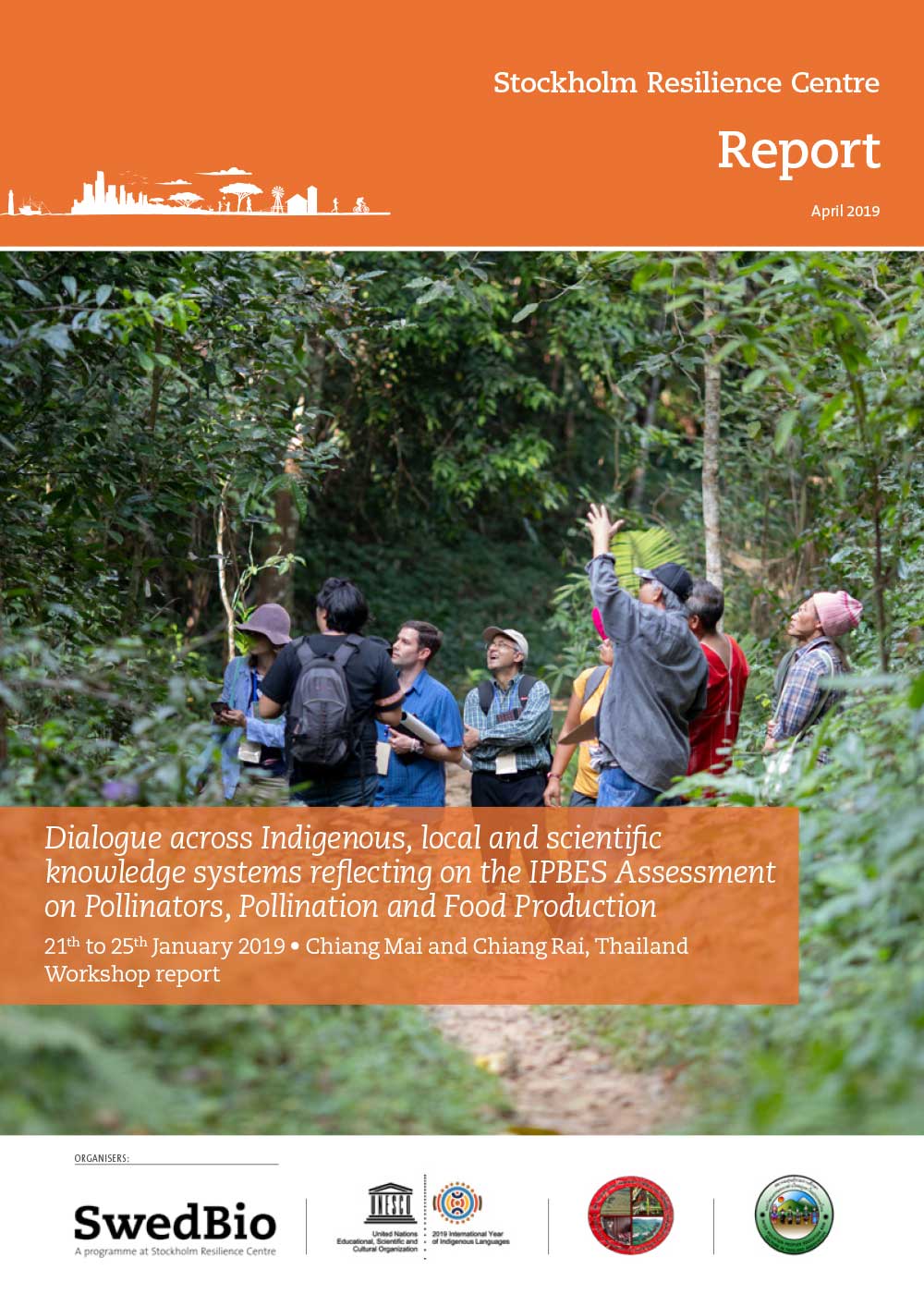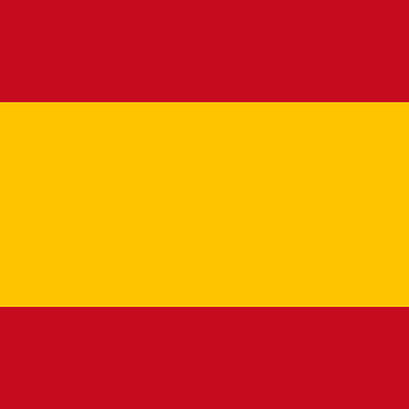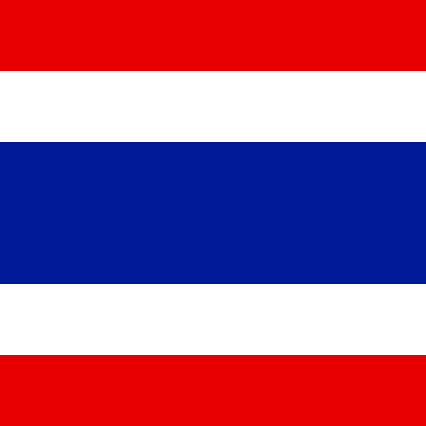This report is available in English, Spanish, and Thai.
This report, Dialogue across Indigenous, local and scientific knowledge systems reflecting on the IPBES Assessment on Pollinators, Pollination and Food Production, is a summary of the Dialogue across Indigenous, local and scientific knowledge systems reflecting on the IPBES Assessment on Pollinators, Pollination and Food Production that was held 21th to 25th January 2019, in Chiang Mai and Chiang Rai, Thailand. The Dialogue was co-convened and jointly designed by the Inter Mountain Peoples Education and Culture in Thailand Association (IMPECT) and Pgakenyaw Association for Sustainable Development (PASD) together with SwedBio at the Stockholm Resilience Centre and UNESCO Natural Science Sector and the Karen community of Hin Lad Nai, who were also the local host for the walking workshop and dialogue in their community.
It summarises the presentations and discussions during the Dialogue, which revisited selected key messages from the IPBES Assessment on Pollinators, Pollination and Food Production (Pollination Assessment hereafter). The aim was to provide feedback and reflect on key messages of relevance with Indigenous and local knowledge (ILK) holders and experts on pollinators and pollination that contributed to the Assessment, with their ILK case examples, or as authors. In doing so, the Dialogue also aimed to contribute to methodological guidance and developments for IPBES procedures and approaches to work with ILK. Another aspect of the Dialogue was to contribute to, and link Karen ILK to the science-policy interface, as part of an effort to strengthen the respect and recognition of the Karen rotational farming practices, and their contributions to conservation and sustainable use of biodiversity, and wellbeing of the Karen people.
The Dialogue was held as a contribution to support the uptake of the IPBES Pollination Assessment in local, national and international policies. The Dialogue practiced and further explored a Multiple Evidence Base approach, where Indigenous, local and scientific knowledge systems are seen as equally valid and contributing useful knowledge for ecosystem governance. It used an interactive “walking workshop” method, facilitating participants to interact through the Karen forest and rotational farming landscape, and articulate their common experiences around pollinators and pollination, as a way to enable dialogue.

 Dialogue across Indigenous, local and scientific knowledge systems reflecting on the IPBES Assessment on Pollinators, Pollination and Food Production
Dialogue across Indigenous, local and scientific knowledge systems reflecting on the IPBES Assessment on Pollinators, Pollination and Food Production Diálogo sobre los sistemas de conocimiento indígena, local y científico: reflexiones derivadas de la Evaluación Mundial sobre polinizadores, polinización y la producción de alimentos del IPBES
Diálogo sobre los sistemas de conocimiento indígena, local y científico: reflexiones derivadas de la Evaluación Mundial sobre polinizadores, polinización y la producción de alimentos del IPBES การเสวนาระหว่างระบบความรู้ชนเผ่าพื้นเมือง ท้องถิ่น และวิทยาศาสตร์ที่สะท้อนเกี่ยวกับการประเมินผู้ผสมเกสร การผสมเกสร และการผลิตอาหารของ IPBES
การเสวนาระหว่างระบบความรู้ชนเผ่าพื้นเมือง ท้องถิ่น และวิทยาศาสตร์ที่สะท้อนเกี่ยวกับการประเมินผู้ผสมเกสร การผสมเกสร และการผลิตอาหารของ IPBES